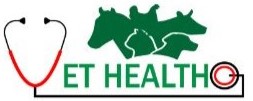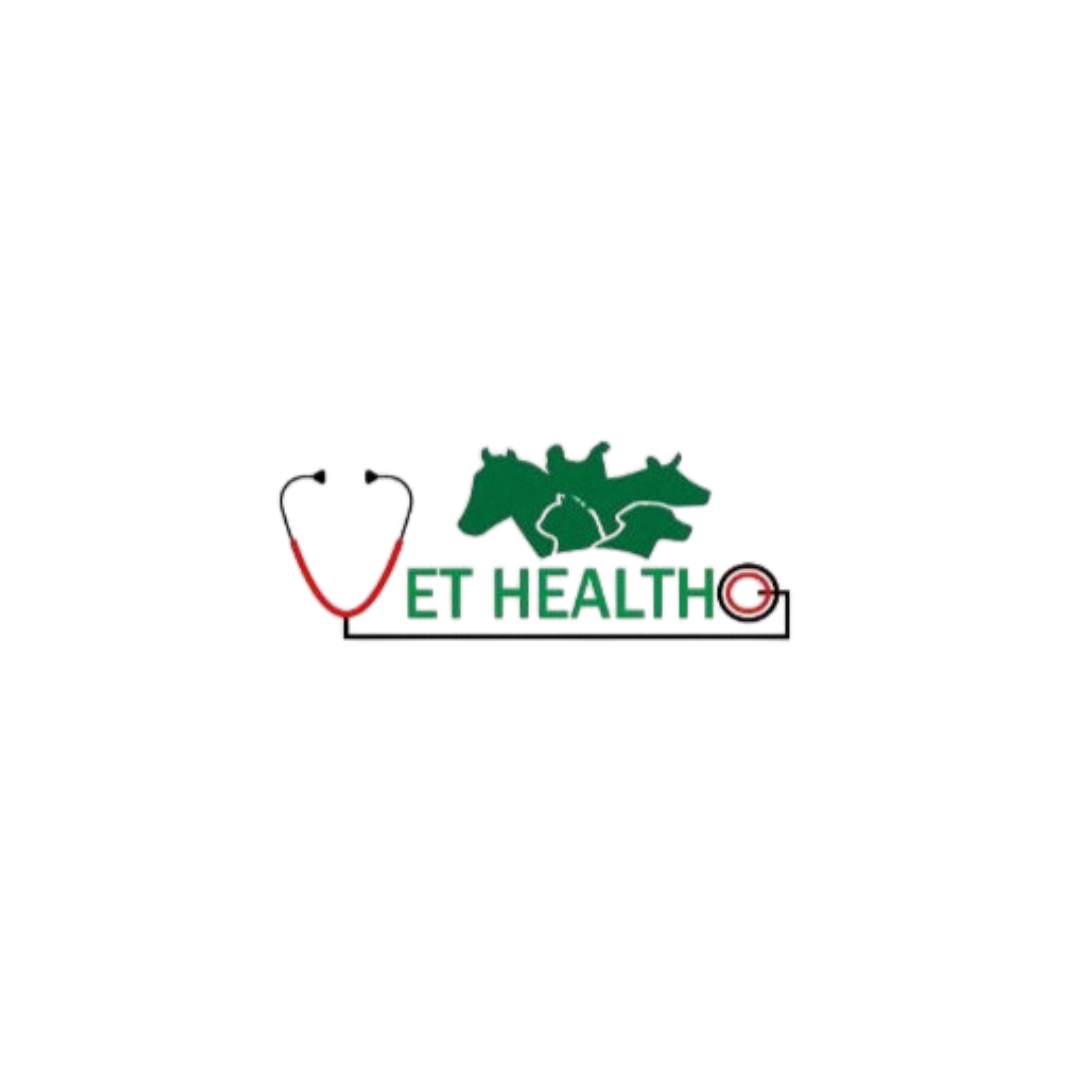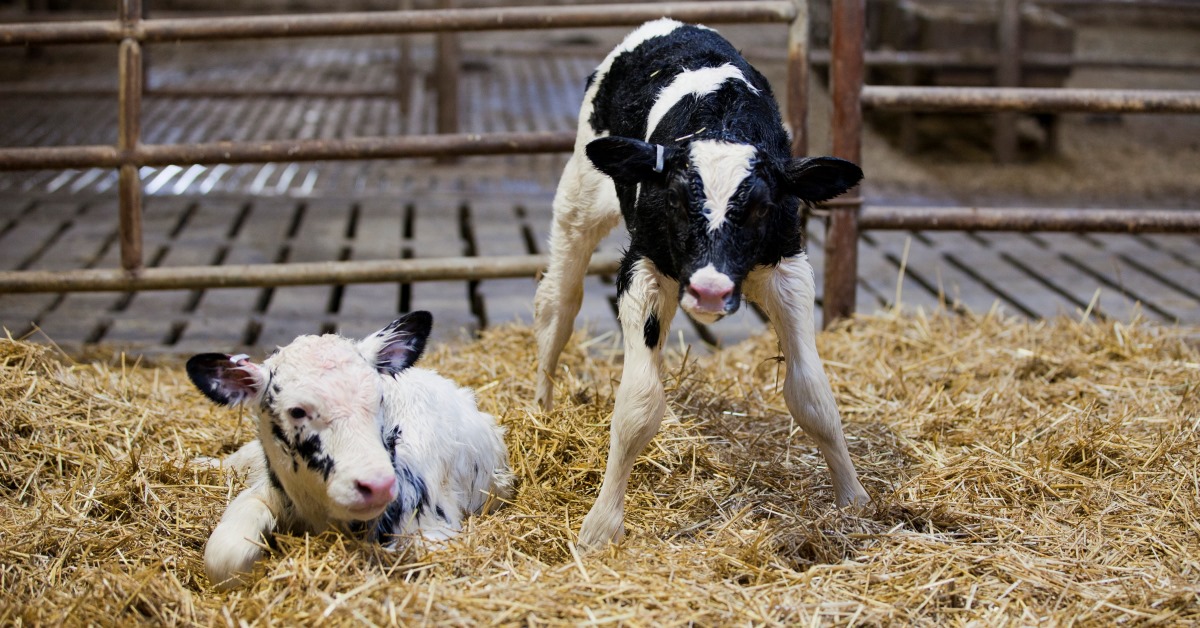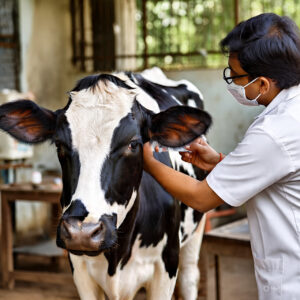Taking care of a newborn calf is one of the most critical tasks for dairy farmers and livestock handlers. In this guide on how to take care of a newborn calf, we will walk you through essential steps to ensure proper growth, immunity, and long-term health of the young animal.
Introduction: Why Proper Calf Care Matters
Newborn calves are extremely delicate. The first few hours after birth are critical. Proper care ensures survival and sets the foundation for healthy growth. If ignored, even small mistakes can lead to health issues or death.
Why Proper Calf Care Matters in the First 24 Hours
1. Immediate Care After Birth
Clean the calf immediately
Once born, the calf must be cleaned. Wipe off mucus using a clean, dry towel. Ensure the nose and mouth are clear.
Ensure the calf is breathing well
If breathing is irregular, gently rub the calf’s chest. You may also tickle the nostrils with straw.
Let the mother lick the calf
This helps stimulate blood flow and bonding. If the mother rejects the calf, you will need to assist.
2. Health Checklist for a Newborn Calf’s First Week
What is colostrum?
Colostrum is the first milk produced by the cow. It contains antibodies and essential nutrients.
Feed within the first 2 hours
Colostrum must be given within two hours. After that, its absorption decreases rapidly.
Quantity to feed
Feed 10% of the calf’s body weight in colostrum. Usually, this is about 2 to 4 liters.
Use a clean nipple bottle
Make sure the bottle is sterilized. Dirty bottles can cause infections.
How to Take Care of a Newborn Calf in the First 24 Hours
3. Feeding Tips to Take Care of Your Newborn Calf
Keep the calf dry and warm
The shelter should be well-ventilated, dry, and draft-free.
Bedding material
Use straw or sawdust as bedding. Change it regularly to avoid infection.
Temperature management
During winters, use heat lamps. Avoid cold floors and wet bedding.
4. Feeding Schedule After First Day
Transition to whole milk
After colostrum feeding for 3 days, start feeding whole milk or milk replacer.
Feeding frequency
Feed two to three times daily. Don’t overfeed. Overfeeding may cause diarrhea.
Water is essential
Provide fresh, clean water daily. It helps digestion and growth.
5. Hygiene and Cleanliness
Clean feeding equipment daily
Dirty nipples or bottles can transmit bacteria. Wash with hot water and soap.
Maintain a clean shelter
Remove manure and soiled bedding every day.
Disinfect housing weekly
Use mild disinfectants. Avoid strong chemicals that could harm the calf.
6. Navel Cord Care
Dip in iodine
Dip the navel cord in a 7% iodine solution. This prevents infection.
Monitor healing
It should dry within a week. If swelling occurs, consult a vet.
7. Vaccinations and Disease Prevention
First vaccination schedule
Calves need vaccines starting at 2 to 4 weeks. Consult a local vet for the schedule.
Common diseases to watch
Scours, pneumonia, and navel ill are common. Early treatment is critical.
Deworming
Deworm calves by the second week. Follow-up as advised by your vet.
8. Socializing and Grouping
Keep the calf with its mother
For the first week, mother-calf bonding helps immunity and feeding.
Group with similar-aged calves
Once strong, group calves for social behavior and growth.
Avoid mixing sick calves
Always isolate unhealthy calves to avoid spreading disease.
9. Monitoring Growth
Check weight weekly
Use a calf weighing tape or scale. Monitor weight gain every week.
Track appetite
A healthy calf eats well. Loss of appetite indicates stress or illness.
Observe activity levels
Active calves are usually healthy. Lethargy may indicate disease.
10. Common Mistakes to Avoid
- Delaying colostrum feeding can lead to weak immunity.
- Using dirty bottles increases infection risk.
- Overcrowded housing can lead to respiratory infections.
- Neglecting bedding changes may cause skin infections.
Conclusion: Strong Start Means a Healthy Life
Taking care of a newborn calf requires patience and attention. The first few days are the most important. With clean shelter, proper feeding, and timely vaccinations, your calf will grow strong and healthy.
Home | Food and Agriculture Organization of the United Nations
National Center for Biotechnology Information




